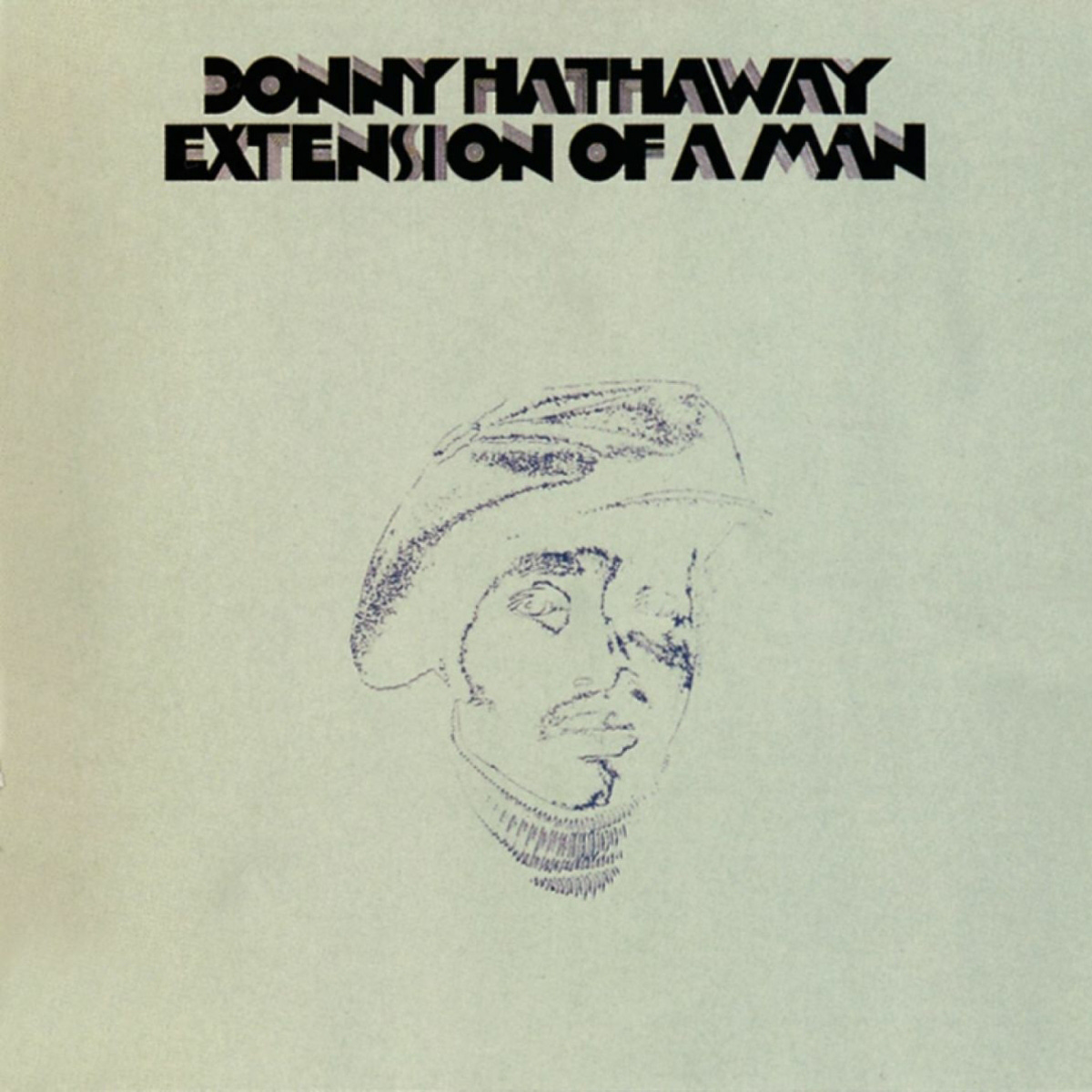Beyond the Norm: The Genius of Donny Hathaway's 'Extension of a Man'
An exploration of the profound influence of soul maestro Donny Hathaway.
Meet Donny Hathaway, a phenomenal artist from the 70s who combined a little bit of everything - jazz, blues, gospel, funk, and classical music - to bring some sweet soul music to our ears. This man could taste a musical concept, chew on it for a while in his head, and then spit it out as a top-tier arrangement that would have jazz and gospel fans drooling.
Hathaway loved to play around with his music, to stretch and pull it beyond what was usual and expected. He didn't want his music stuck in a box or labeled with a single style. For him, his music was an honest reflection of life, the times we live in, and all the crazy stuff in between.
His third and final studio album, Extension of a Man, dropped in 1973, and let me tell you, this album showed Hathaway was making his groove deeper and stronger. And the title is a total giveaway of his ambition.
This album came after he created a super-varied soundtrack for the 1972 blaxploitation film Come Back Charleston Blue, showing he was all about exploring new styles. His first two albums, Everything is Everything and Donny Hathaway, were more focused on his gospel roots, but with Extension, he's pushing those roots into new ground and merging them with many different styles.
Hathaway demonstrated a marked inclination towards classical composers, such as Maurice Revel, Claude Debussy, Ivor Stravinsky, Sergei Rachmaninoff, and George Gershwin, among others. He would analyze their work and endeavor to incorporate their exceptional abilities into his musical compositions. And this comes across in the album's first track, “I Love the Lord; He Heard My Cry (Parts I & II)." This song feels like a movie, with its dramatic build-up and powerful melodies. It's full of religious undertones, too, reflecting the song's gospel roots.
This epic introduction is followed by "Someday We’ll All Be Free," a dreamy tune full of emotion and a sense of hope. This song was Hathaway's response to his struggles with depression, and the lyrics, written by his friend Edward Howard, capture that perfectly. The song's message and stunning arrangement even moved Hathaway to tears.
Over the years, "Someday We’ll All Be Free" has become an anthem for the black community, a song of freedom and empowerment. Fun fact: Aretha Franklin did a cover of this song for the biographical film Malcolm X.
The album also features tracks like "Flying Easy," which has a light, poppy vibe, and "Valdez in the Country," a jazz instrumental with a hint of Latin rock. The artist revisits his origins in the upbeat track "Come Little Children," drawing inspiration from the childhood games he used to play. Additionally, he pays homage to his admiration for Marvin Gaye through the soulful tune "Love, Love, Love." That is merely the beginning of the matter.
Unfortunately, this musical smorgasbord didn't exactly hit it off with audiences or the big wigs at Atlantic Records. The marketing strategy for this multifaceted album was not effectively executed. The mental well-being of Hathaway was negatively impacted during this period, which played a role in the album's somber tone. It was his last one before he died in 1979.
Extension of a Man is a gem from a genius who dared to experiment dared to stretch his talent to its limits. He wasn't afraid of going too far because he had the ambition and talent to burn. Although the album did not achieve commercial success, it showcases Hathaway's aptitude for pushing the limits of music.


